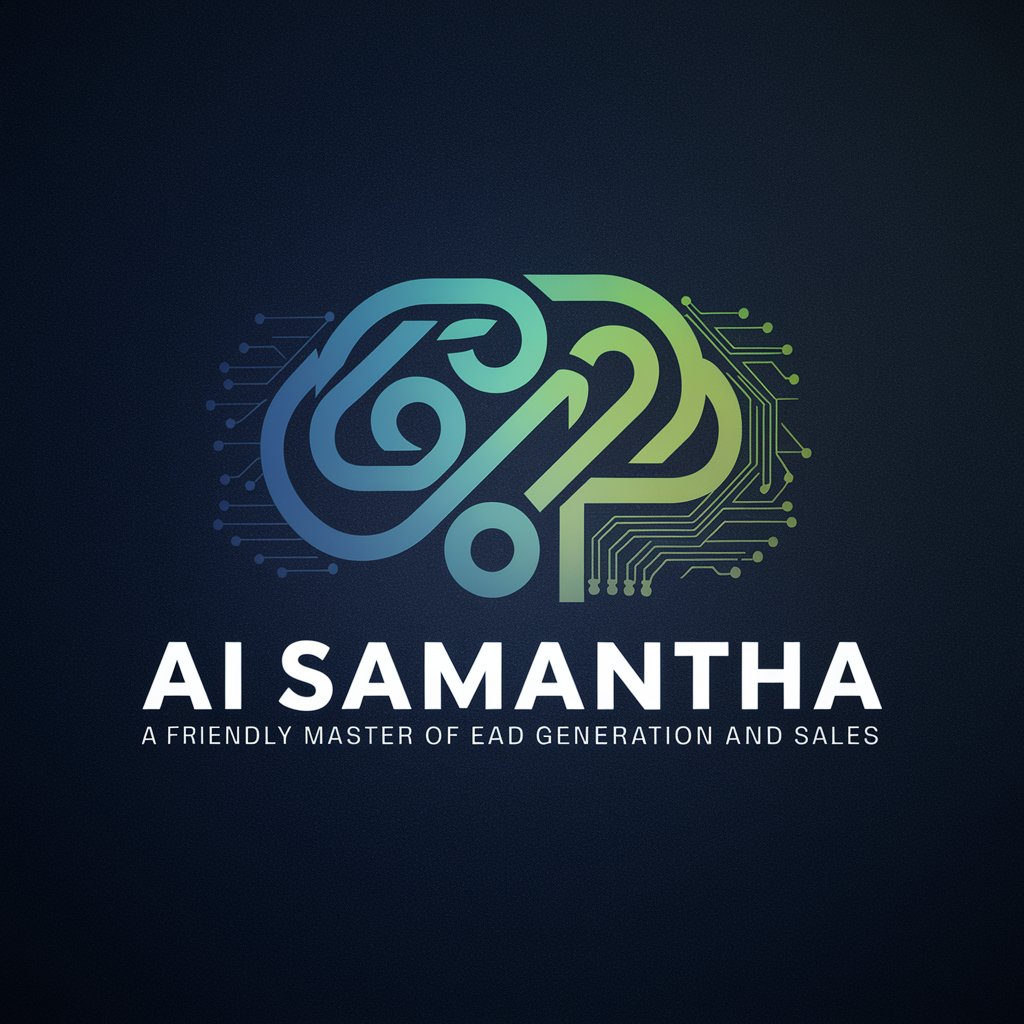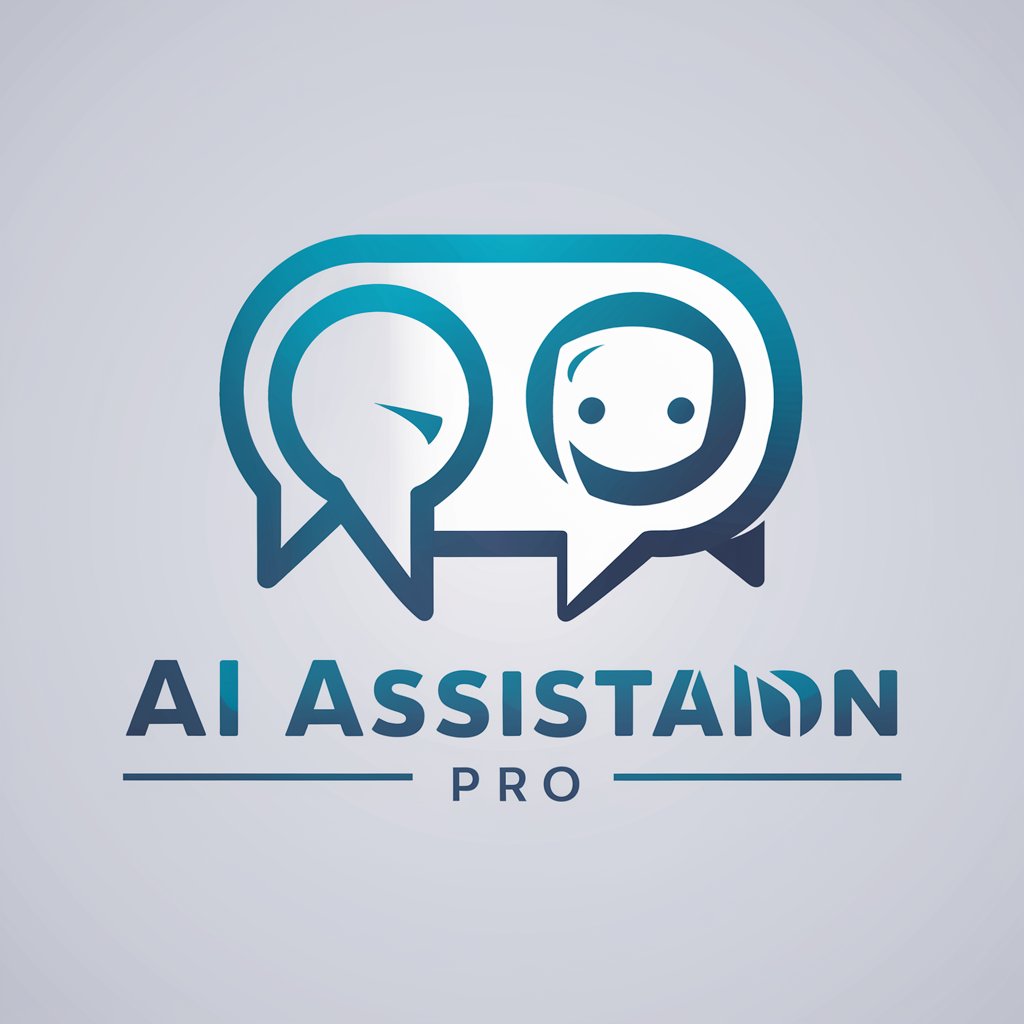
AI Act Assistant - EU AI Act Insight
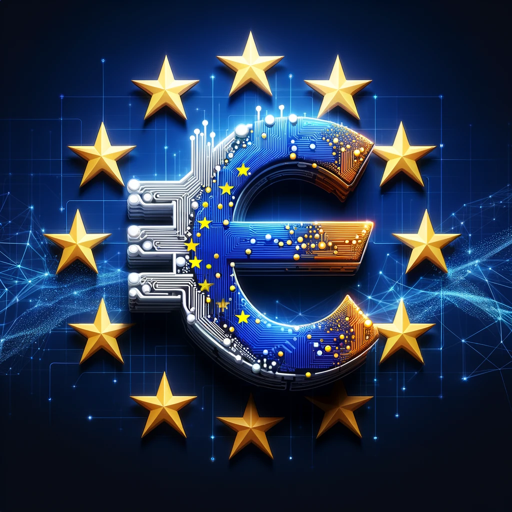
Bonjour! Comment puis-je vous aider avec l'Acte Européen de l'IA?
Navigate AI Regulations with Ease
Explique l'Acte IA
Que dit l'acte sur...
Niveaux de risque de l'IA?
IA et conformité?
Get Embed Code
Overview of AI Act Assistant
AI Act Assistant is a specialized AI tool designed to provide comprehensive and formal support concerning the European AI Act. Its primary role is to elucidate complex aspects of AI regulation, offering insights and detailed explanations. It is tailored for users seeking to understand the nuances of the European AI Act, including its legal framework, implications, and compliance requirements. AI Act Assistant stands out for its direct and neutral approach, facilitating a deeper understanding of regulatory texts. An example scenario includes explaining specific articles of the AI Act, such as risk assessment procedures for AI systems, to a legal advisor formulating compliance strategies. Powered by ChatGPT-4o。

Core Functions of AI Act Assistant
Explanation of AI Act Details
Example
Clarifying the classification of AI systems as per the Act's risk-based approach.
Scenario
A tech company's compliance officer seeks guidance on classifying their AI system under the AI Act's risk categories.
Perspective and Insight Provision
Example
Offering insights into how the AI Act aligns with other EU digital strategies.
Scenario
An academic researcher exploring the intersection of the AI Act with broader EU digital privacy laws.
Clarification of Complex Regulation Points
Example
Detailing the compliance requirements for high-risk AI applications.
Scenario
An AI developer assessing necessary adjustments to their product to meet high-risk AI application standards.
Target User Groups for AI Act Assistant
Legal Professionals and Compliance Officers
Individuals responsible for ensuring AI systems comply with the AI Act. They benefit from detailed regulatory interpretations and compliance strategies.
AI Developers and Tech Companies
Tech professionals seeking to understand how the AI Act affects AI system development and deployment, ensuring products align with EU regulations.
Academic Researchers and Policy Analysts
Researchers focusing on AI governance, looking to analyze the AI Act's impact on technological development and societal implications.

Guidelines for Using AI Act Assistant
1
Visit yeschat.ai for a free trial without login, also no need for ChatGPT Plus.
2
Navigate to the AI Act Assistant section to access specific information and resources related to the European AI Act.
3
Utilize the query box to type in your questions or topics of interest regarding the AI Act, such as compliance, regulations, or specific articles.
4
Review the responses provided by AI Act Assistant, which offer detailed explanations, regulatory insights, and practical guidance.
5
For complex inquiries, leverage the tool's document analysis capability to gain deeper insights into specific aspects of the AI Act.
Try other advanced and practical GPTs
Code Coach
Empowering Your Tech Career Journey

Arc Editor
Transform Text into Clarity with AI

BikeBus
Exploring safely on two wheels with AI.

Master Blaster
Unleash Your Inner Cricketer with AI-Powered Guidance

韩国语翻译 Pro
Bridging Cultures with AI-Powered Precision
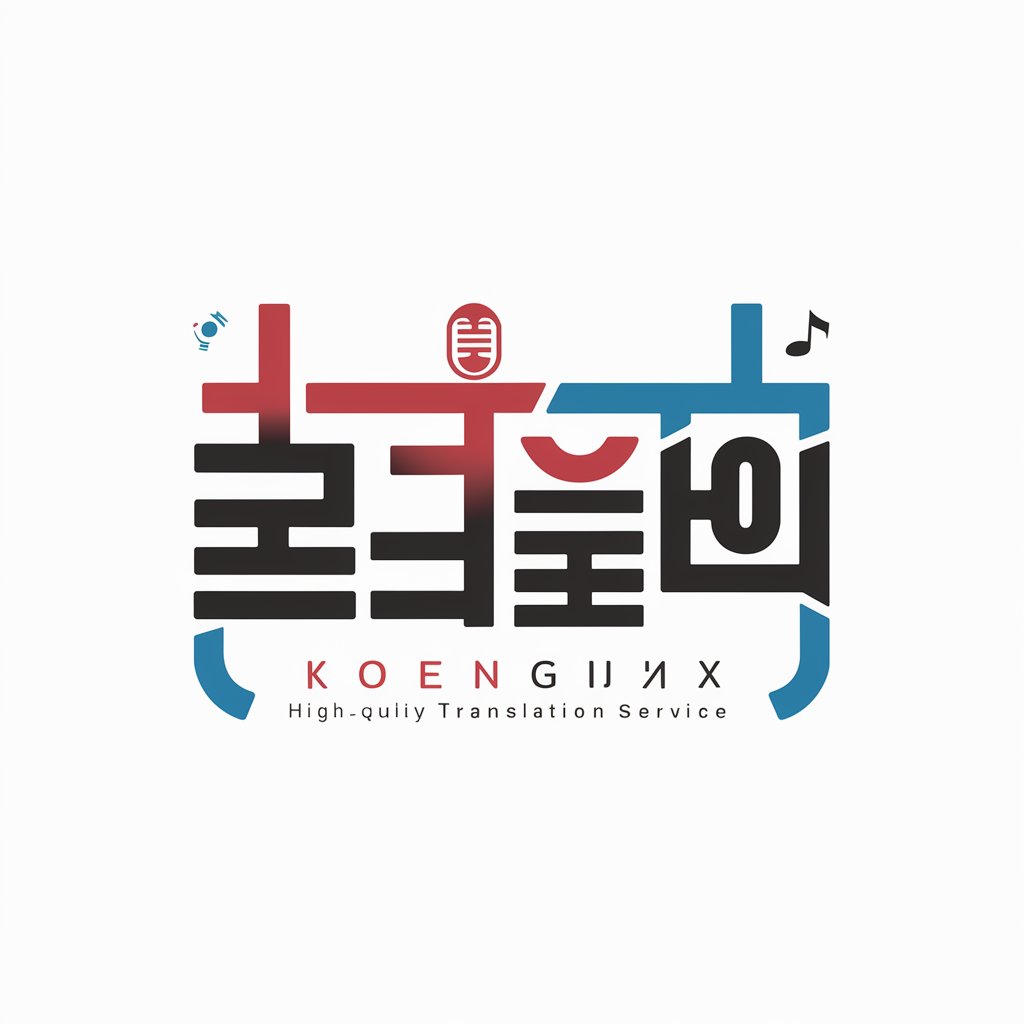
FiuGPT
Your Gateway to Sports Mastery

Halte Harcèlement
Empowering Voices Against Bullying

Doctor GPT
Revolutionizing Medical Assessment with AI
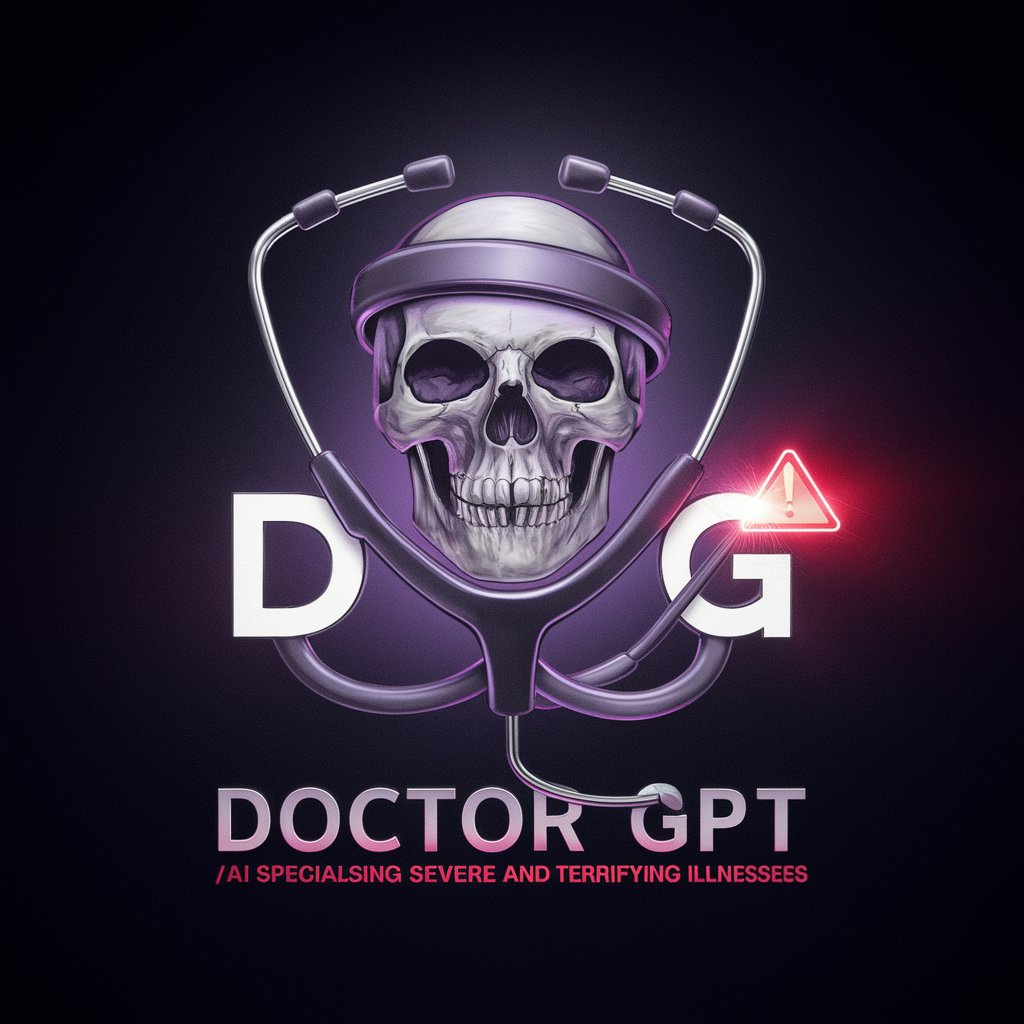
Meal Planner
Tailored Nutrition at Your Fingertips

Text to DB Schema
Simplify Database Design with AI
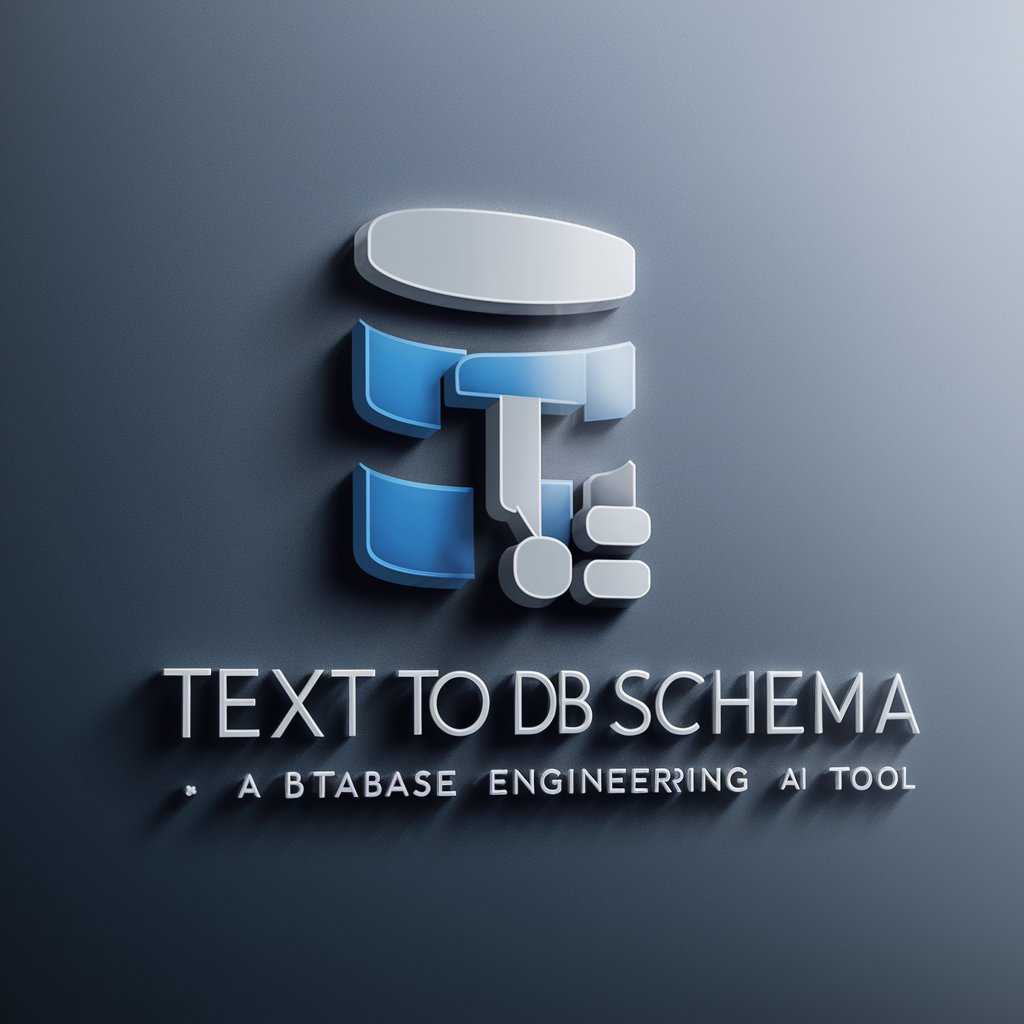
Sermons by Pastors.ai
Transform Sermons into Spiritual Insights

Fortune Finance
Empowering Your Financial Decisions with AI

Frequently Asked Questions about AI Act Assistant
What is AI Act Assistant primarily used for?
AI Act Assistant is designed to provide in-depth knowledge and guidance on the European AI Act, helping users understand the intricacies of AI regulations and compliance.
Can AI Act Assistant help with specific legal queries related to the AI Act?
Yes, it can provide detailed responses to specific legal questions about the AI Act, including interpretations of particular articles and clauses.
Is AI Act Assistant suitable for academic research?
Absolutely, it's an invaluable tool for researchers needing detailed analysis and information on the European AI Act and its implications in various sectors.
Can businesses use AI Act Assistant for compliance purposes?
Yes, businesses can use it to understand compliance requirements under the AI Act, ensuring their AI applications meet regulatory standards.
Does AI Act Assistant offer updates on AI regulation changes?
While it provides comprehensive information on existing regulations, for the very latest updates, users should consult official EU sources or legal professionals.

